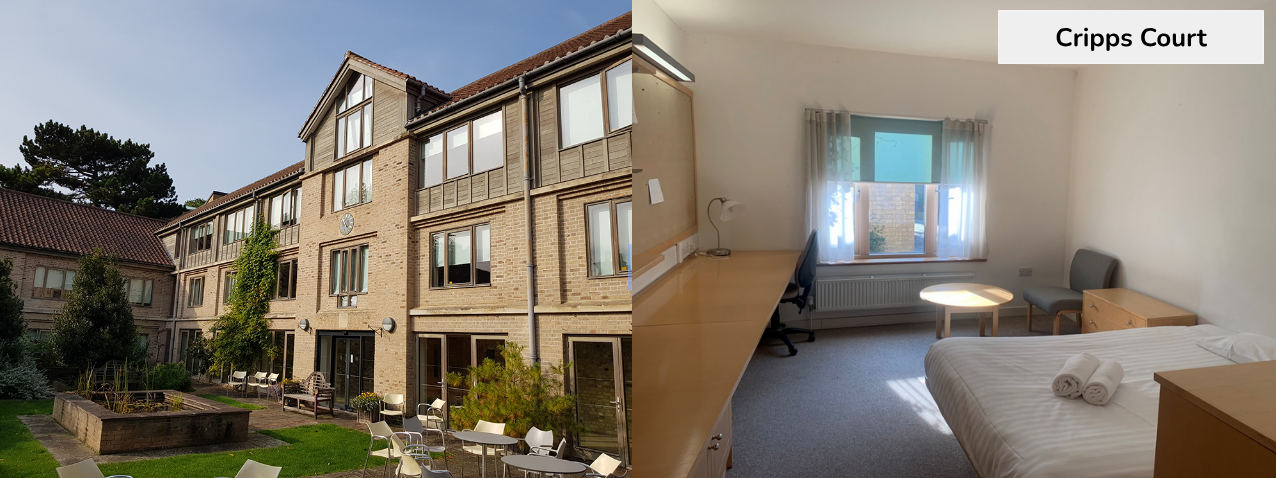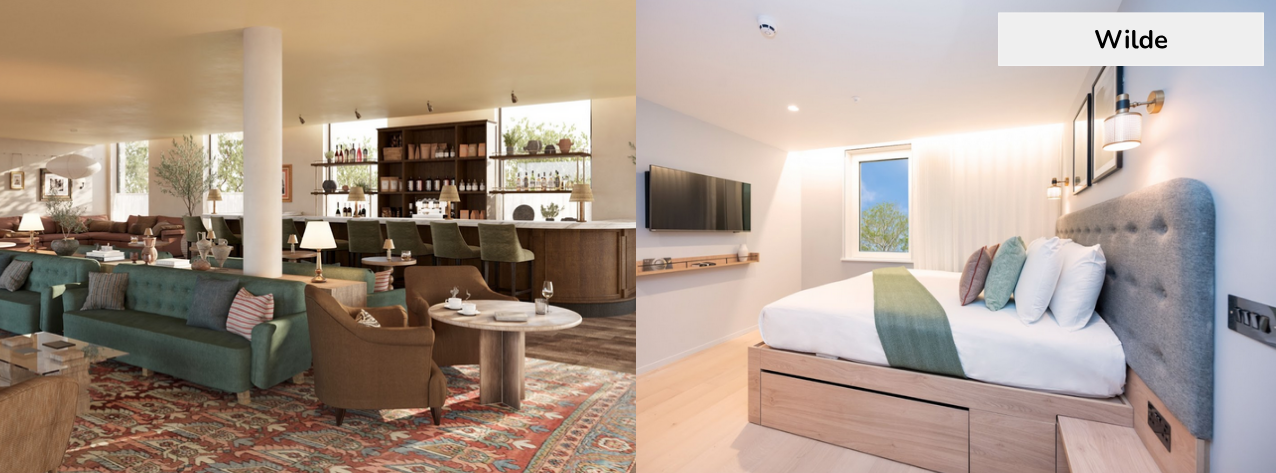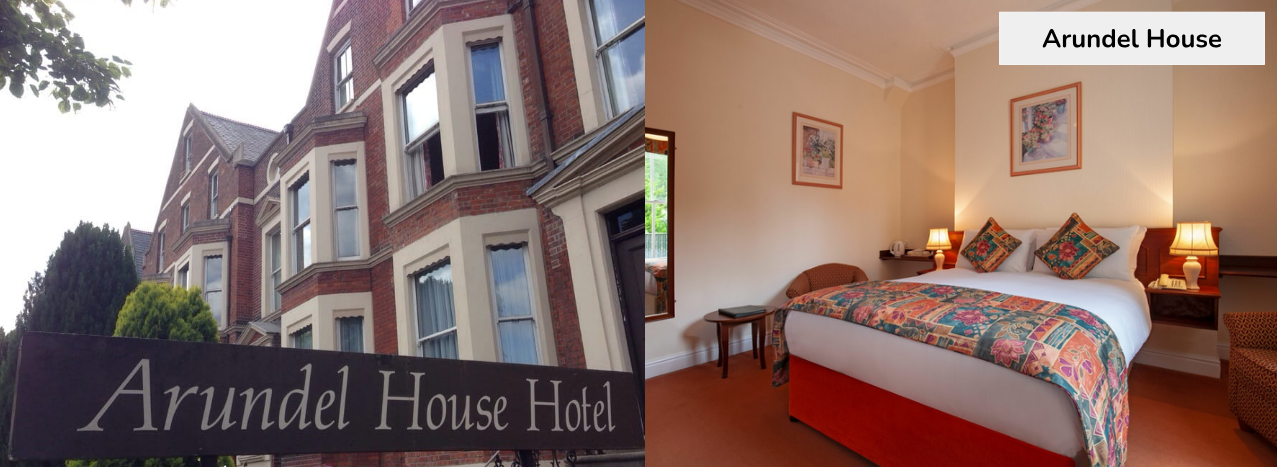Cambridge
Cambridge, England, is famous for its prestigious university, established in 1209, and remains a global center for education and innovation. The city's history dates back to the Bronze Age, with significant Roman and medieval developments. The River Cam was crucial for trade and defense, and Cambridge grew as a market town during the Anglo-Saxon era. Known for its medieval architecture, the city played a role in the English Civil War. Today, it retains historical landmarks like King's College Chapel and the Fitzwilliam Museum.
The University of Cambridge, the fourth-oldest in the world, is renowned for academic excellence and research. It has over 24,000 students and 12,000 staff, with a collegiate system of 31 colleges. Its alumni include 121 Nobel Laureates and 47 Heads of State. The university fosters global partnerships and has students from over 130 countries, emphasizing diversity and shaping global research and leadership.

Venue
The conference will be hosted at the Cripps Court Conference Centre (1-3 Chesterton Road, Cambridge CB4 3AD) at Magdalene College, one of the 31 constituting colleges of the University of Cambridge founded in 1428. The centre boasts a purpose-built auditorium, a striking oak-beamed Gallery for informal dining, meeting rooms and a large foyer with exhibition space - all fully accessible.

Travel
The closest airport to Cambridge is Stansted Airport with regular flights to most European towns and cities. Trains directly connect Stansted Airport to Cambridge Station (travel time around 30 mins). National Express buses connect from Stansted (or Heathrow) to Cambridge Parkside (travel time around 1.5 hours).
Cambridge is also close to London with regular direct trains and buses connecting them.
Magdelene College is a 10 min walk from the city centre.
Accommodation
We have arranged convenient accommodation options for delegates attending the fNIRS UK 2025 conference. Please book early, as availability is limited. If you have any questions or issues liaising with the below accommodation providers, please contact Maria at mr715@cam.ac.uk.Cripps Court or Edwards Court at Magdalene College (map)
Stay right at the heart of the conference! Cripps Court and Edwards Court are located on the Magdalene College campus (same site as the conference auditorium).
Booking: https://www.magd.cam.ac.uk/visitors-and-conferencing/conferences/conferences-meetings/conference-accommodation
Booking code: FNIRS2025
Notes: 49 rooms have been reserved exclusively for our delegates. The code is tied to conference dates, availability will only show once it is entered. Rooms do not include breakfast, but there are plenty of cafes, pubs, and restaurants within a 5-10 minute walk.

Wilde Aparthotels (map)
Nestled in the heart of Cambridge, Wilde offers a blend of contemporary comfort and the city's historic charm. The brand-new Aparthotel is inspired by the spirit of Oscar Wilde and is just a 10-minute walk from the conference venue. It offers stylish studios & apartments with kitchens, Wi-Fi, air conditioning & eco-friendly features, amid the city's vibrant heartbeat. Additionally the property features eco-friendly initiatives like insect towers, a bee hotel, living walls, bird houses and much more, contributing to local biodiversity.
Booking: ukgroups@staycity.com
Booking code to quote (deadline 17th August 2025): 1709NEUROS
Notes: The booking code offers Studio Apartment for £120 per night (£18 supplement for double occupancy) between 17th - 20th September 2025, includes a-la carte breakfast, 24-hour gym access and high speed WiFi. This rate is not available online. Reservations must be made directly with the hotel using the email address above and stating that you are with the Neuroscience Conference Group. Bookings made via third-party websites (e.g., Booking.com, Expedia) will not qualify for the discount.

Arundel House Hotel (map)
Located just a short walk from the venue, the Arundel House Hotel overlooks the River Cam and Jesus Green. It's the closest hotel to the conference and offers charming views and comfort.
Booking: info@arundelhousehotels.co.uk or +44 (0) 1223 367701
Booking code to quote: FNIRSUK2025
Notes: Includes continental breakfast and free parking (when booked directly). The booking code offers 15% off standard rates. This rate is not available online. Bookings made via third-party websites (e.g., Booking.com, Expedia) will not qualify for the discount or free parking.













